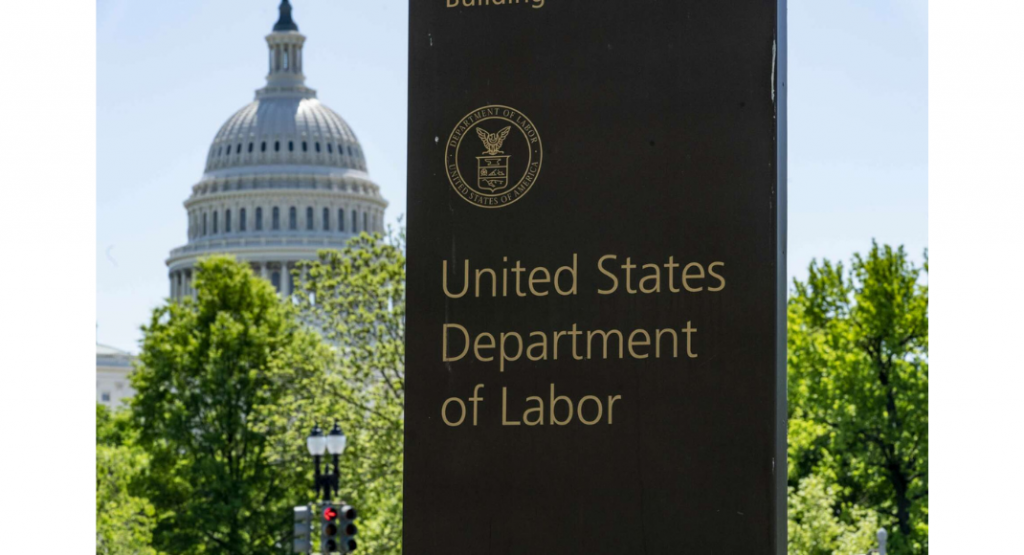
Bringing Back Uncertainty to Federal Contracting: Opportunity to Comment on a Proposed Regulatory Change
On November 9th, the Office of Federal Contract Compliance Programs (OFCCP) in the Department of Labor published a Notice of proposed recission announcing its plan to reverse a Trump administration federal contracting regulation that came into effect on January 8, 2021. The Trump regulation sought to clarify how the freedom of religious contractors and subcontractors to staff on a religious basis is protected in the context of the prohibition of sexual-orientation and gender-identity employment discrimination. Comments on the proposed recission are due by December 9.
Most federal contracting is done by secular companies. They supply to the federal government military equipment, cloud computing services, office space, office supplies, and so on. The federal government typically uses grants, cooperative agreements, scholarships, and vouchers or certificates, not contracts, as the way to pay for social services, education, and health care—the kinds of services that faith-based organizations are likely to supply. But faith-based organizations sometimes contract with the federal government: faculty at some religious university compete for National Institutes of Health research contracts; a faith-based organization may contract with the Federal Bureau of Prisons to provide spiritual leaders to offer religious care to prison inmates; the Center for Public Justice, has subcontracted with a technical assistance provider to offer specialized training to government officials concerning the faith-based initiative.
The federal contracting rules, since 2002, have included a religious organization exemption, essentially identical to the religious organization exemption in Title VII of the 1964 Civil Rights Act. This exemption protects the freedom of religious employers to make hiring and firing decisions on a religious basis, even when they are federal contractors or subcontractors. But the scope of this protection became uncertain after President Obama in 2014 changed the contracting rules to provide protection to LGBT people against employment discrimination. If a religious employer declines to hire a person in a same-sex marriage, is that still a protected act of religious staffing or is it now an illegal act of sexual-orientation discrimination? The Obama administration indicated it would probably consider the action to be illegal discrimination.
The Trump January, 2021, regulation sought to eliminate the uncertainty by strongly upholding the religious staffing freedom of religious contractors and subcontractors. The latest action—the Biden administration’s proposed recission or withdrawal of the Trump clarification—seeks to restore the Obama administration’s interpretation, on the grounds that the Trump rule went too far in its protection of religious staffing decisions.
In its Notice of proposed recission, the OFCCP says it seeks by reversing the Trump regulation in order to bring the understanding of the contracting religious exemption into line with the federal government’s interpretation of the Title VII religious exemption on which it is modeled. The Notice proposes that the somewhat inconsistent rulings of different courts concerning religious staffing ought to be interpreted to require a narrowing of the protection of the religious exemption. Yet the Equal Employment Opportunity Commission (EEOC), to which the federal government looks for guidance on how to understand Title VII and its exemption, in fact adopted back in January, 2021, a very robust interpretation of the religious organization exemption and thus strong protection for religious staffing in the LGBT rights context.
At the end of the Trump administration, on January 15, the EEOC issued a guidance document on how it interprets religious employment discrimination as prohibited by Title VII. A part of the discussion concerns the religious organization exemption. The EEOC guidance document says that “the exemption allows religious organizations to prefer to employ individuals who share their religion, defined not by the self-identified religious affiliation of the employee, but broadly by the employer’s religious observances, practices, and beliefs.” While religious organizations, like their secular counterparts, may not engage in discrimination based on sex, including sexual orientation and gender identity, a religious employer can assess the suitability of employees and applicants not only by whether there is a stated profession of the same religion but by assessing whether or not the person lives up to the religious beliefs and standards of the employer.
No doubt many comments will be submitted both for and against this proposed recission, some seeking to maintain a strong religious staffing exemption and others to weaken it in favor of universal LGBT employment rights. The comment deadline is December 9, 2021. Comments may be submitted to www.regulations.gov. Search for RIN 1250-AA09.
